"I would sooner see her in a cage than a polling booth."
CBC
Sun, April 21, 2024
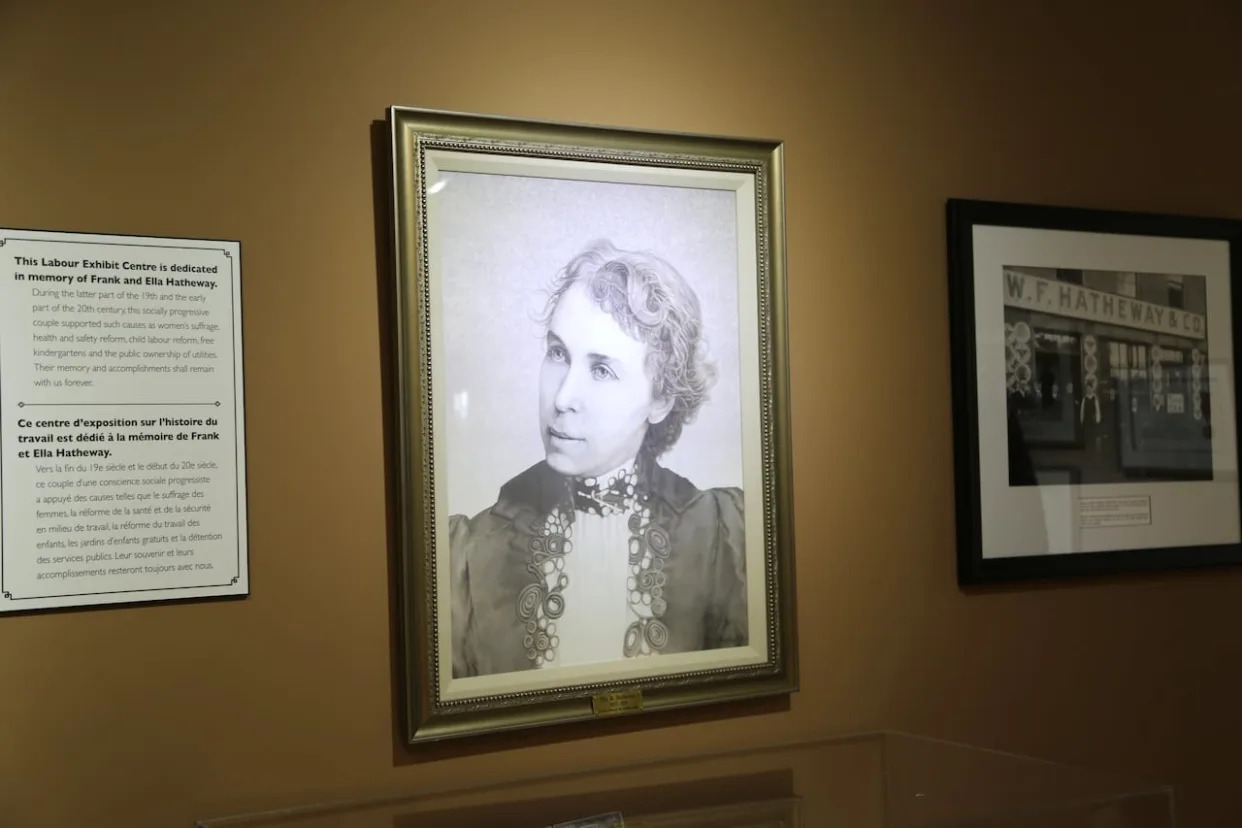
A picture of Ella Hathaway, shown at the Frank and Ella Hathaway Labour Exhibit in Saint John in 2019. She was a member of the Saint John Women's Enfranchisement Association. (Lauren Bird/CBC - image credit)
A history professor at the University of New Brunswick in Saint John says she hopes her new book about how women in Atlantic Canada got the vote helps to dispel a number of myths, including the notion that people in the region were behind the times.
"Some might find it surprising how long ago the campaign started," said Heidi MacDonald, who is also the dean of arts at the university.
Her new book is called, We Shall Persist: Women and the Vote in the Atlantic Provinces.
One fact that surprised MacDonald during her research is that women in this region voted in the early 19th century.
"We've got proven cases of women voting in New Brunswick in the 1827 and the 1839 elections," she said.
"We don't know how many women voted, but it's very significant that we have examples of women voting."
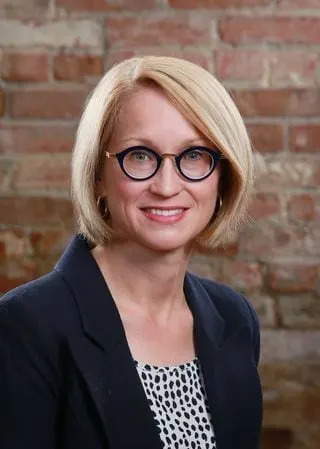
Heidi MacDonald says there was a long and bitter fight to win the vote for women in the region.
Heidi MacDonald says there was a long and bitter fight to win the vote for women in the region. (Submitted by Heidi MacDonald)
The requirement for voting in those days was property ownership. So, some women, likely widows or heiresses, voted until they were specifically banned from doing so.
"It was written into the legislation in the mid 19th century in all three Maritime provinces … that only men could vote," said MacDonald.
In New Brunswick, that happened in 1843.
And that's when the local suffragist fight began, she said.
"The main thing I wanted to correct is that the Maritimes were behind the West … That's not true at all," said MacDonald.
There's also a misperception that it wasn't much of a fight, she said.
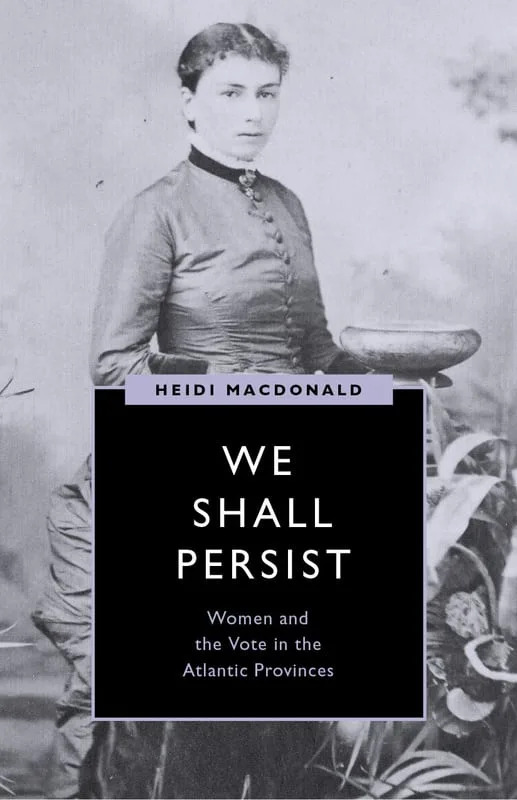
vvv
Heidi MacDonald says she would be delighted if her book were to find its way into the hands of high school students. She says she's tried to write it in an accessible way. (Submitted by Heidi MacDonald)
The only other book on suffrage in eastern Canada was written in 1949 by American author Catherine Cleverdon, said MacDonald.
She wrote that it was "natural" that there wouldn't be much suffrage interest in the Maritimes because of inherent conservatism and isolation.
"It's just wrong," said MacDonald.
There was a long and bitter fight in the region, she said, that coincided with — or pre-dated — campaigns elsewhere in the country.
Some of the "radicals" of the region's suffrage movement belonged to the Saint John Women's Enfranchisement Association, she said.
It formed in 1894 and was the only organization in Atlantic Canada specifically dedicated to suffrage, according to MacDonald.
Saint John in the 19th century was a very important North American city, she said, and far from being isolated, it was closely connected to places such as the U.S. and England.
"Lots of these suffragists in New Brunswick and elsewhere had relatives in — or were recent immigrants from — the U.S. or Britain. … They were writing letters. They were being visited. … Saint John newspapers carried content from elsewhere in the world."
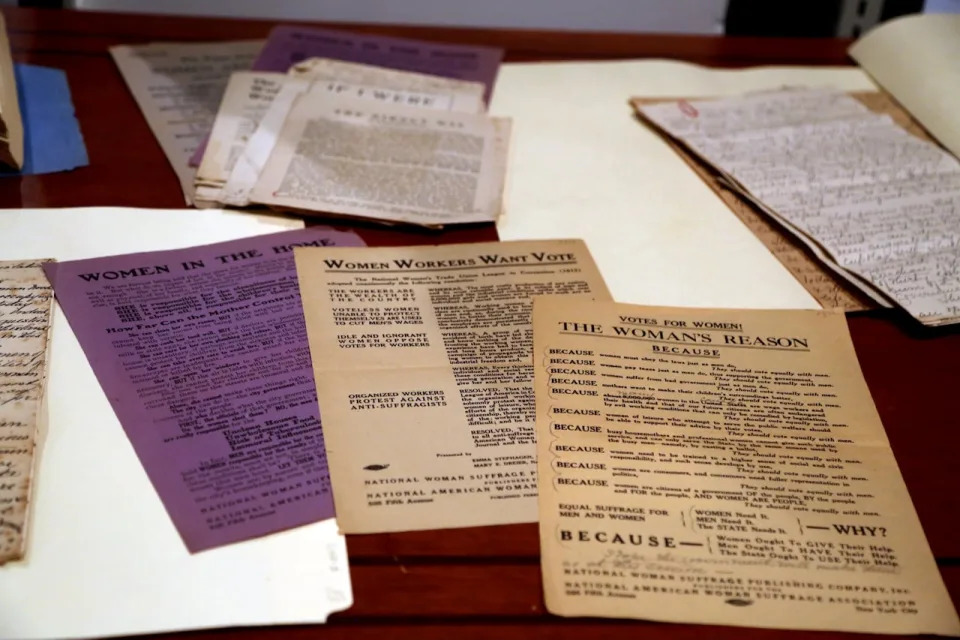
Pamphlets circulated by New Brunswick suffragists.
Pamphlets circulated by New Brunswick suffragists. (Lauren Bird/CBC)
One of the members of the Saint John Women's Enfranchisement Association was Ella Hathaway, who is memorialized at Saint John's Lily Lake Pavilion.
Hathaway served as the group's secretary for about 30 years, said MacDonald.
Her husband Frank was a businessman who was elected to a political position in 1908.
"What a powerful couple they became working for suffrage," said the historian.
Mabel Peters was another prominent local suffragist.
Peters wore a number of hats, said MacDonald. She was also involved in the Women's Christian Temperance Union, which tried to raise awareness of the negative effects of alcohol and get laws passed to regulate or prohibit it. And she was internationally known for her work to establish the first playgrounds.
All of these reforms overlapped, said the author.
"They were all for the betterment of society in an age long before the welfare state, in an age when ... churches were the main players in trying to better society. But churches didn't do everything, and these women came in and filled the gap."
Other New Brunswick women reformists included Julia Turnbull of Saint John and her relative Emma Stedman of Fredericton, said MacDonald.
They were both figures in the temperance union, which had more than 10,000 members and was the largest voluntary organization of its time, she said.
"It's an umbrella organization in every rural community, in every city in the Maritimes, working for all kinds of reform … anti-cruelty for women and animals … pasteurized milk. The list really is very extensive."
"There's one thing that would really help them have a much bigger influence … and that is having the vote."
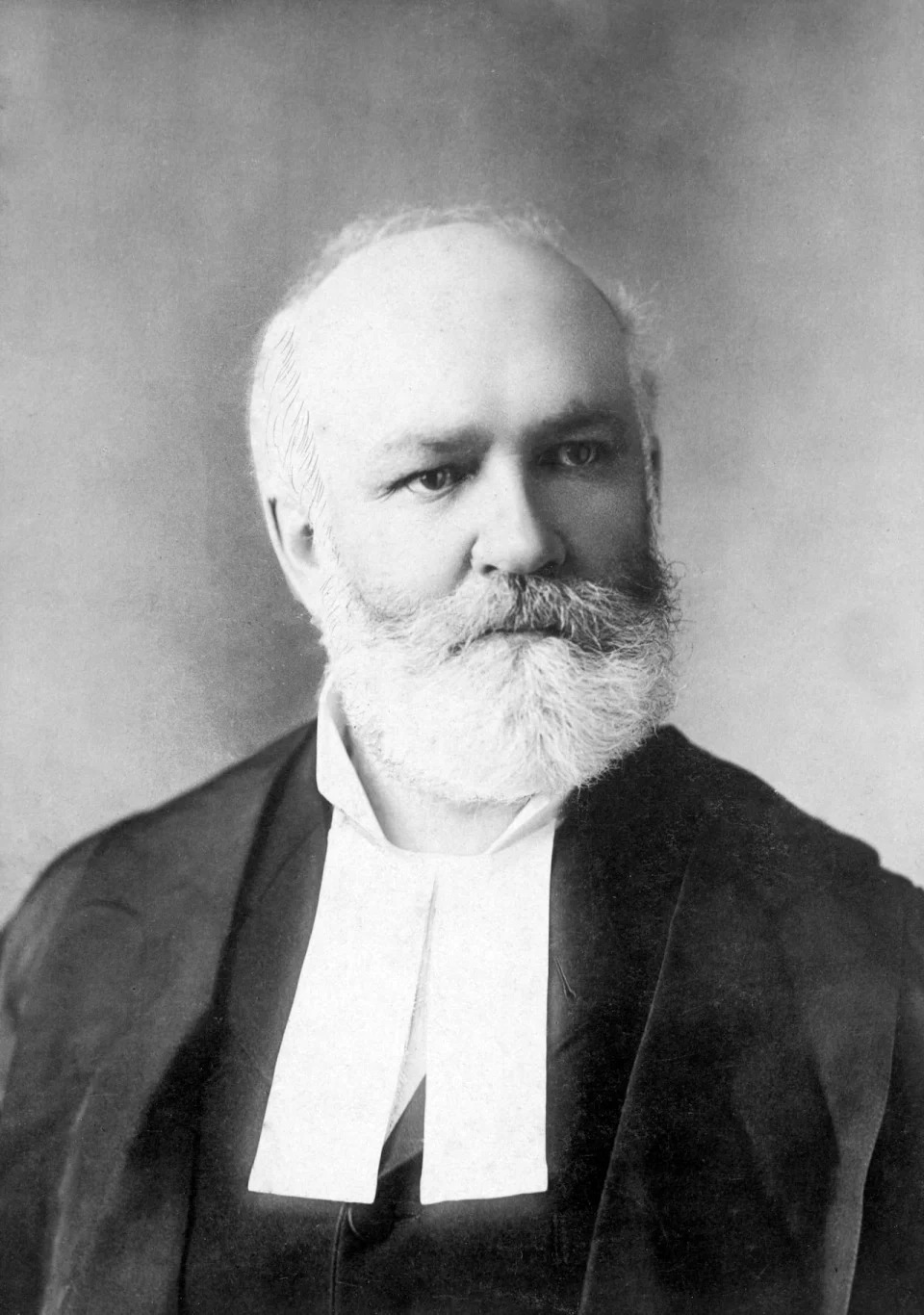
Andrew Blair was an opponent to women's suffrage in NB.
Former New Brunswick premier Andrew Blair was an opponent of women's suffrage in New Brunswick. (Provincial Archives of New Brunswick)
It was tough going, said MacDonald, and particularly difficult in New Brunswick.
Eight times the matter was debated in the provincial legislature, more than in any other province, she said.
"Seven defeats … that's really hard on the people in the campaign to keep up that fight."
Some of the anti-suffrage figures were former premier and Father of Confederation, Samuel Leonard Tilley and former premier Andrew George Blair.
"What can we say? They erred," said MacDonald.
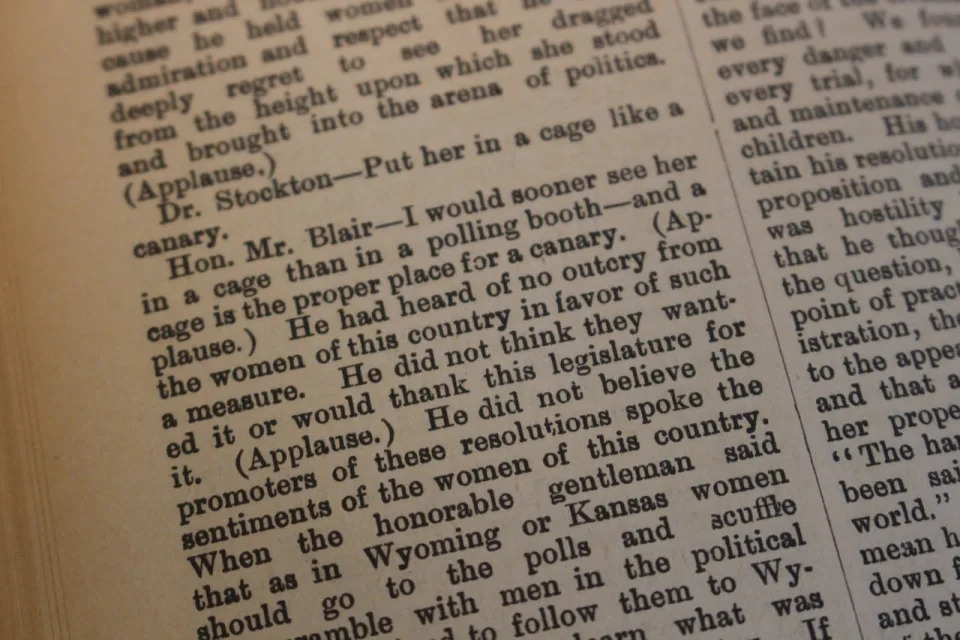
'I would sooner see her in a cage than a polling booth,' then-premier Blair told the legislature.
(Lauren Bird/CBC)
An Acadian suffragist who went by the penname Marichette took on those naysayers.
She reminds MacDonald of Antonine Maillet's philosophizing washerwoman La Sagouine or the American comedian and actor Carol Burnett.
"You can picture her leaning on a mop and saying, 'I don't think these male anti-suffrage politicians have any idea what they're talking about. Let me tell you the real story on suffrage. I want the vote. I deserve the vote. I'm … as smart as any man, rich or poor.'"
Many of the crusaders fought tirelessly for 30 years and were in their 60s or 70s before they finally won the vote, she said.
For New Brunswick women that happened in 1919, with a notable exception. It took much longer for First Nations women to gain the right to vote, until the early 1960s.
It was a campaign of more than 100 years, said MacDonald, and definitely not just something that was lightly granted as a reward for women's work during the First World War.
MacDonald would be delighted if her book were to find its way into the hands of high school students. She says she's tried to write it in an accessible way. It's part of a six-book series, divided by region.
A launch event is planned for Friday, April 26, at the Shadow Lawn Inn in Rothesay at 7 p.m.
An Acadian suffragist who went by the penname Marichette took on those naysayers.
She reminds MacDonald of Antonine Maillet's philosophizing washerwoman La Sagouine or the American comedian and actor Carol Burnett.
"You can picture her leaning on a mop and saying, 'I don't think these male anti-suffrage politicians have any idea what they're talking about. Let me tell you the real story on suffrage. I want the vote. I deserve the vote. I'm … as smart as any man, rich or poor.'"
Many of the crusaders fought tirelessly for 30 years and were in their 60s or 70s before they finally won the vote, she said.
For New Brunswick women that happened in 1919, with a notable exception. It took much longer for First Nations women to gain the right to vote, until the early 1960s.
It was a campaign of more than 100 years, said MacDonald, and definitely not just something that was lightly granted as a reward for women's work during the First World War.
MacDonald would be delighted if her book were to find its way into the hands of high school students. She says she's tried to write it in an accessible way. It's part of a six-book series, divided by region.
A launch event is planned for Friday, April 26, at the Shadow Lawn Inn in Rothesay at 7 p.m.
No comments:
Post a Comment